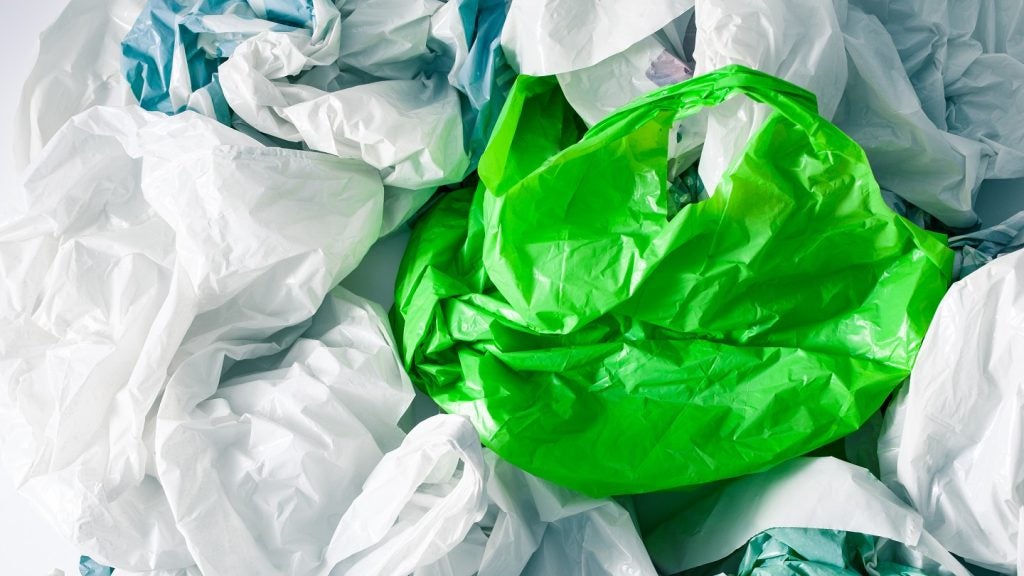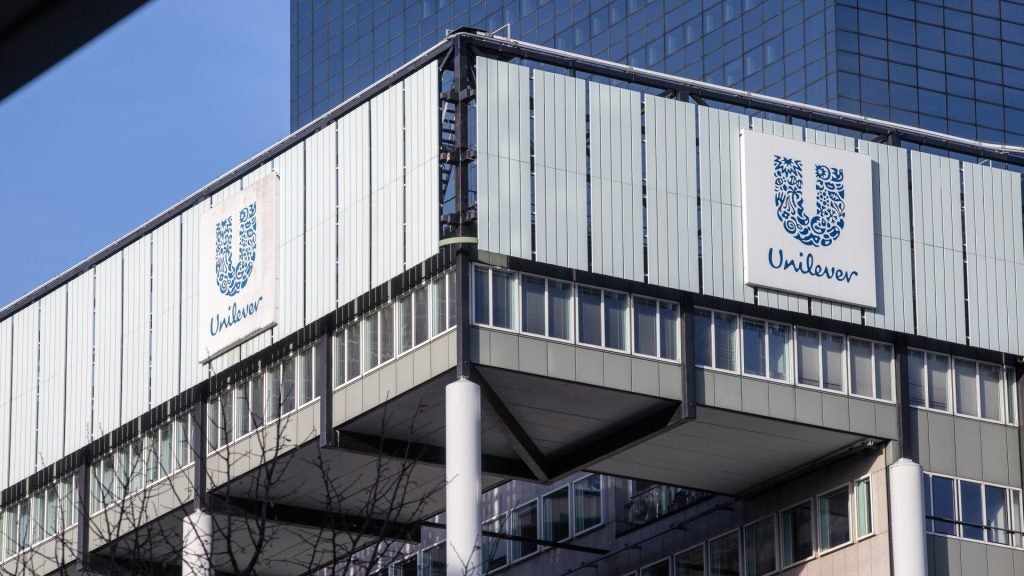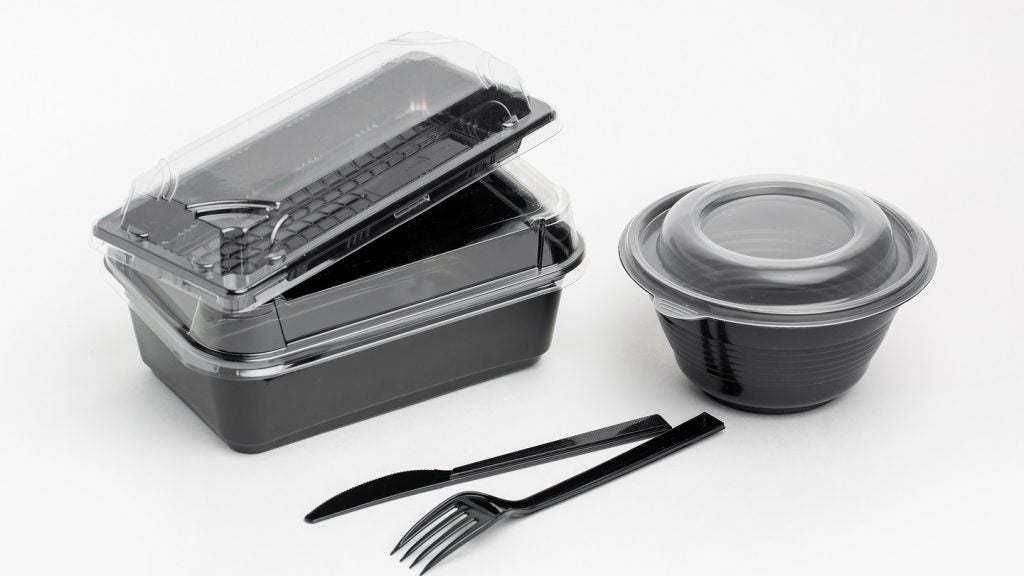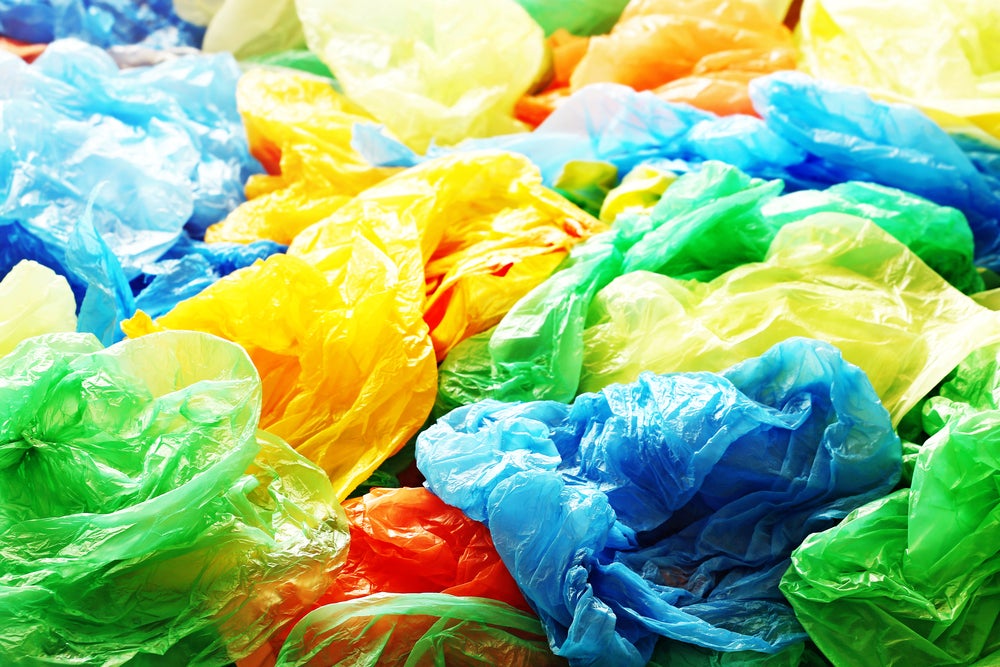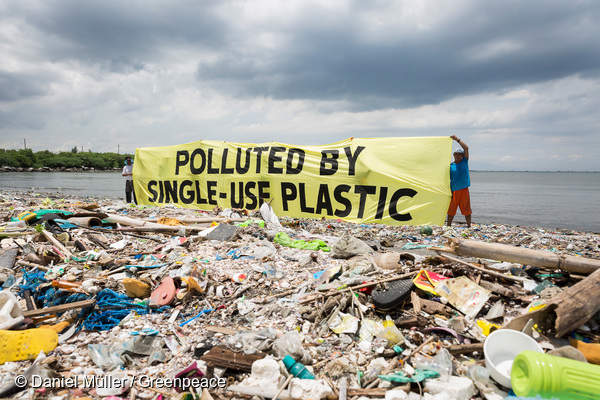
Nestlé and Unilever’s UK offices have pledged to reduce waste and are champions of their company’s respective environmental achievements, but are those efforts still as valuable when you consider that those same companies are the worst offenders in a country the other side of the world?
The pollution of an environmentally-significant Philippine beach in the by plastic packaging waste is condemnable evidence of the huge role global enterprises play in global environmental concerns, and highlights the rifts that exist between continental offices in multinational companies.
The Courtauld Commitment
Nestlé and Unilever are both signatories of WRAP’s Courtauld Commitment 2025, a voluntary agreement that was established in 2015 with the aim of making food and drink production and consumption systems dramatically more sustainable by the year 2025, with a goal of 20% less food and drink waste. Packaging targets are a huge part of the companies’ collective commitment.
At the time Nestlé UK discussed the importance of environmental sustainability, proudly claiming to have met their target of zero waste to landfill in 2015; and in a statement Unilever UK general manager Gina Boswell said “the Commitment will help strengthen and drive forward our own food waste reduction ambitions as well as contribute towards our global target of halving the waste associated with our products by 2020.”
However, on the other side of the world, both these companies have recently been called out as the two biggest contributors of to a beach devastated by ocean plastic and waste near Manila. Greenpeace Philippines and the #breakfreefromplastic movement undertook a plastic waste ‘audit’ on Freedom Island towards the end of September, a stretch of artificial beach created in the 1970s. The area has become vitally important for migratory wildlife in the decades since, with the Philippine government listing it as a ‘critical habitat’ in 2007. Despite its significance, the beach has become symbolic of the environmental devastation caused by mismanagement of plastic waste.
The Philippines’ packaging problem
A waste audit is a practise that monitors and collates the volume and type of waste generated in an area. Greenpeace Philippines and #breakfreefromplastic concluded that Nestlé and Unilever were the worst offenders in the pollution of Freedom Island, with Procter and Gamble (P&G) not far behind.
How well do you really know your competitors?
Access the most comprehensive Company Profiles on the market, powered by GlobalData. Save hours of research. Gain competitive edge.

Thank you!
Your download email will arrive shortly
Not ready to buy yet? Download a free sample
We are confident about the unique quality of our Company Profiles. However, we want you to make the most beneficial decision for your business, so we offer a free sample that you can download by submitting the below form
By GlobalData“When we throw something away, there is no ‘away.’ The Philippines is the third biggest source of plastic ocean pollution because global corporations are locking us into cheap, disposable plastics, rather than innovating and finding solutions,” said Greenpeace Philippines campaigner Abigail Aguilar.
The Philippines dumps 1.88 million tonnes of plastic every year, and the country is the third highest contributor to ocean pollution in the world, only two places behind the manufacturing powerhouse of China.
54,260 pieces of plastic waste were collected on the beach, with the most prevalent item being plastic and aluminium single-use laminate sachets. These packaging items allow poorer countries to experience more expensive and luxury products such as food items and beauty products in small quantities, meaning consumers don’t have to spend large amounts of money on large packets, but the manufacturers still get to maintain decent profit margins.
While broadly liked in lower income societies, these sachets are an environmental menace. The Asian Development Bank and the Philippines Department of Environmental and Natural Resources predict that if current trends continue, the country will need an additional 200 landfills by 2020.



